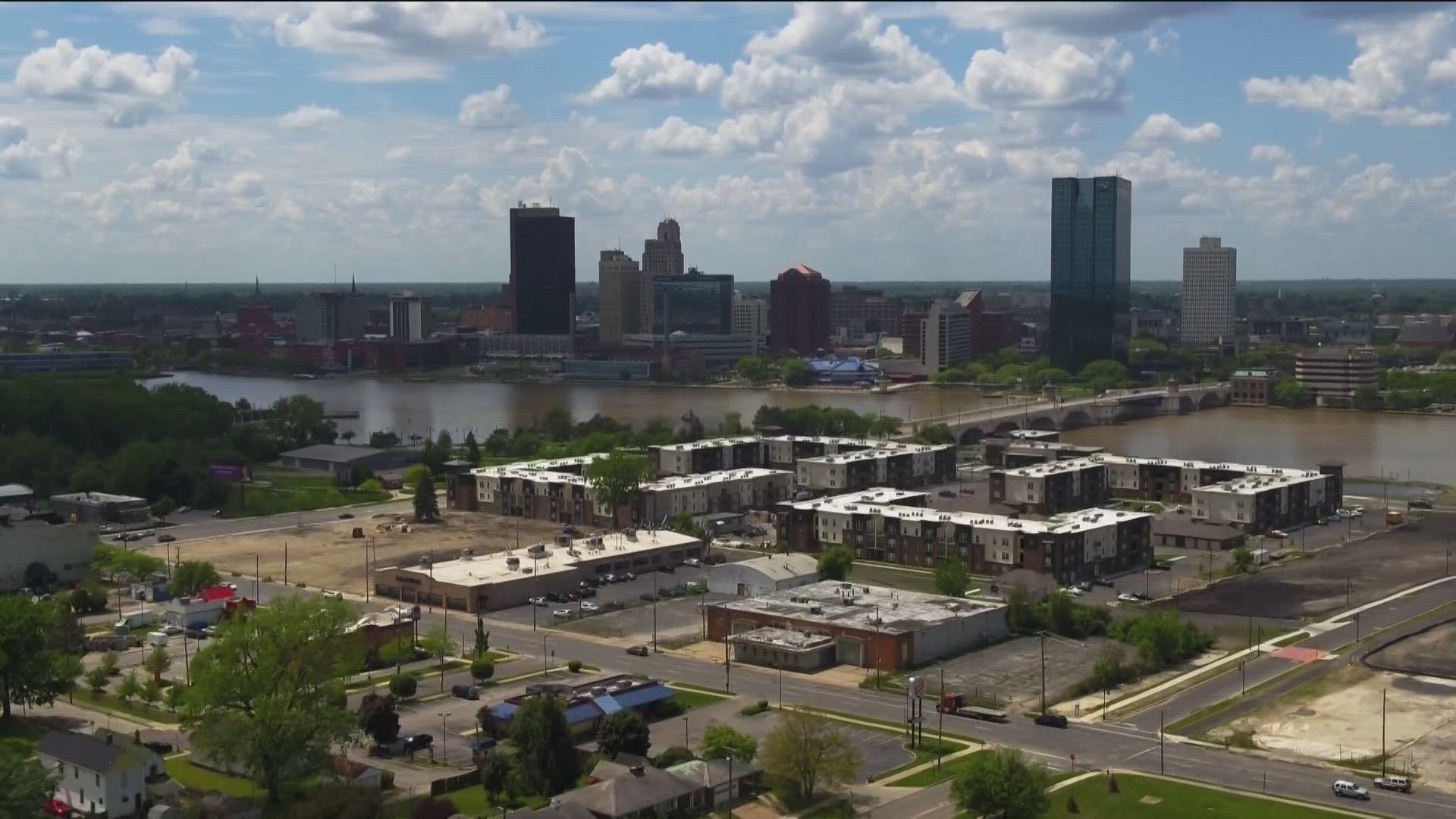TOLEDO, Ohio — If you look at the numbers, both Ohio and the city of Toledo are above the national average when it comes to poverty.
At the Main Library in downtown Toledo, the Bridges Out of Poverty Leadership Overview workshop aimed to unite community members toward a common goal of bettering Toledo and addressing poverty through leadership.
J Kwiatkoski was one of the community members in attendance. Kwiatkoski is interested in mutual aid, so the discussion was of interest.
"I enjoyed it," Kwiatkoski said. "I wouldn't say it was thorough, because there's a lot more to explain. But it was a good introduction for people who don't usually think about these things."
There were about a dozen event attendees, who all came together with the goal of learning about ways to address poverty.
And there's plenty to address.
According to the Ohio Department of Development's 2020 Poverty Report, Ohio has slightly more people living below average than the rest of the country.
State data further supports this, with more than half of Ohio's 88 counties - 48, to be exact - sitting below national poverty rates. Within northwest Ohio, Lucas County has the highest percentage of the population living in poverty at 19.1%.
Additionally, the U.S. Census finds around 24% of Toledo's population is actually below the poverty line.
The guest speaker, Stephen MacDonald, explained to his audience that poverty is defined as living in instability.
The group shared personal opinions on hardships, struggles and beliefs around poverty and financial literacy. MacDonald said he understands how perspective is key.
"Sometimes the white middle-class guy is the right messenger in a lot of circumstances," MacDonald said. "But, we have people doing these trainings and supporting this community from all backgrounds."
Kwiatkoski and MacDonald agree these conversations on poverty are necessary, especially in the current financial climate.
"Businesses are dealing with a lack of employees, consumers are dealing with lack of services," MacDonald said. "We're going to have continuing problems as a community if we're not utilizing the talents of everybody in the community."
Kwiatkoski agreed that poverty shouldn't be a solitary fight. Everyone should work to help those in need, in some way. Those ways don't always have to be through huge sums of money.
"Just talk to your neighbors. Know their names. Find out what they need, that always helps the most," Kwiatkoski said.
For anyone who would like to find out more about how to further the conversation on poverty, or just help out locally with the poverty conversation, MacDonald suggested connecting with the local nonprofit Impact Coalition for more information.

